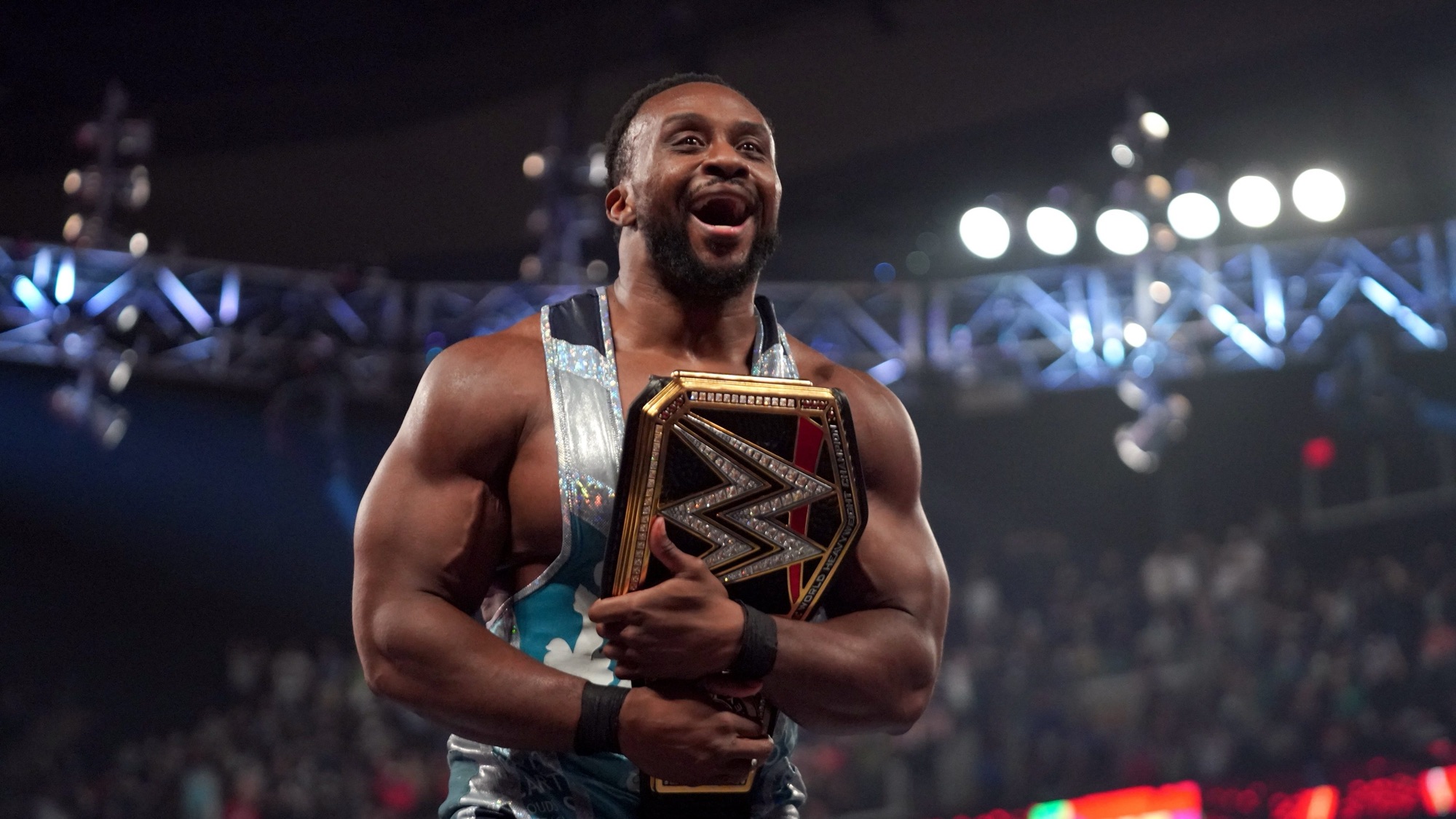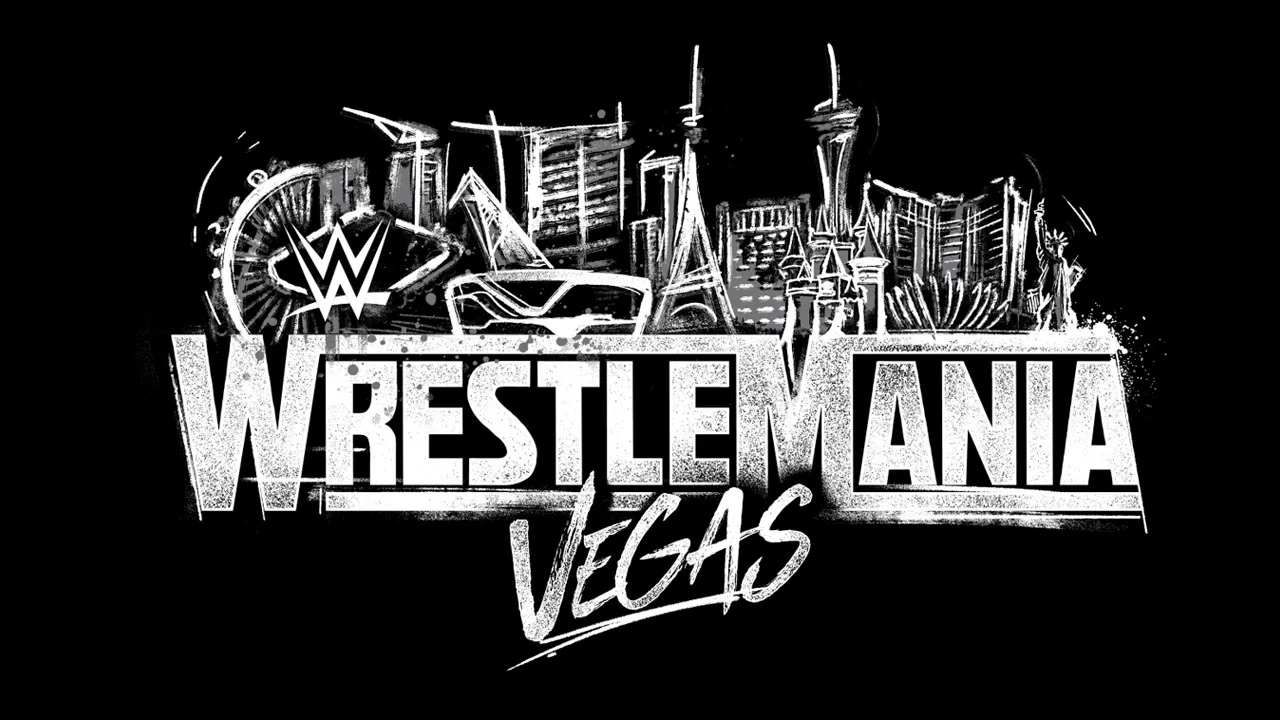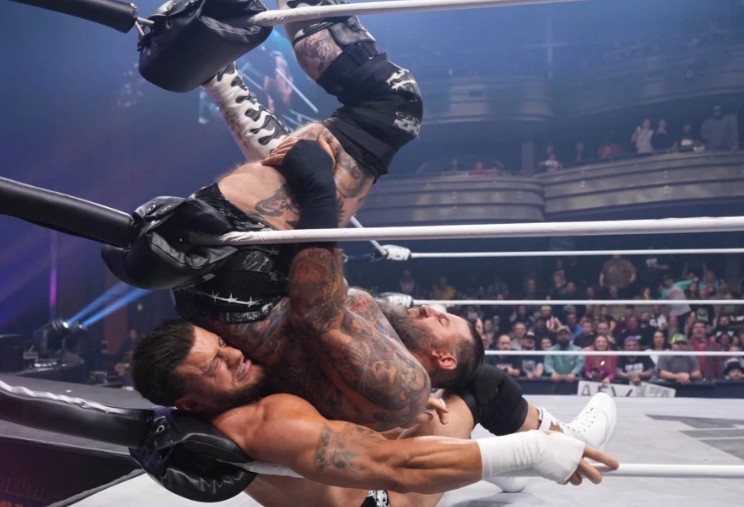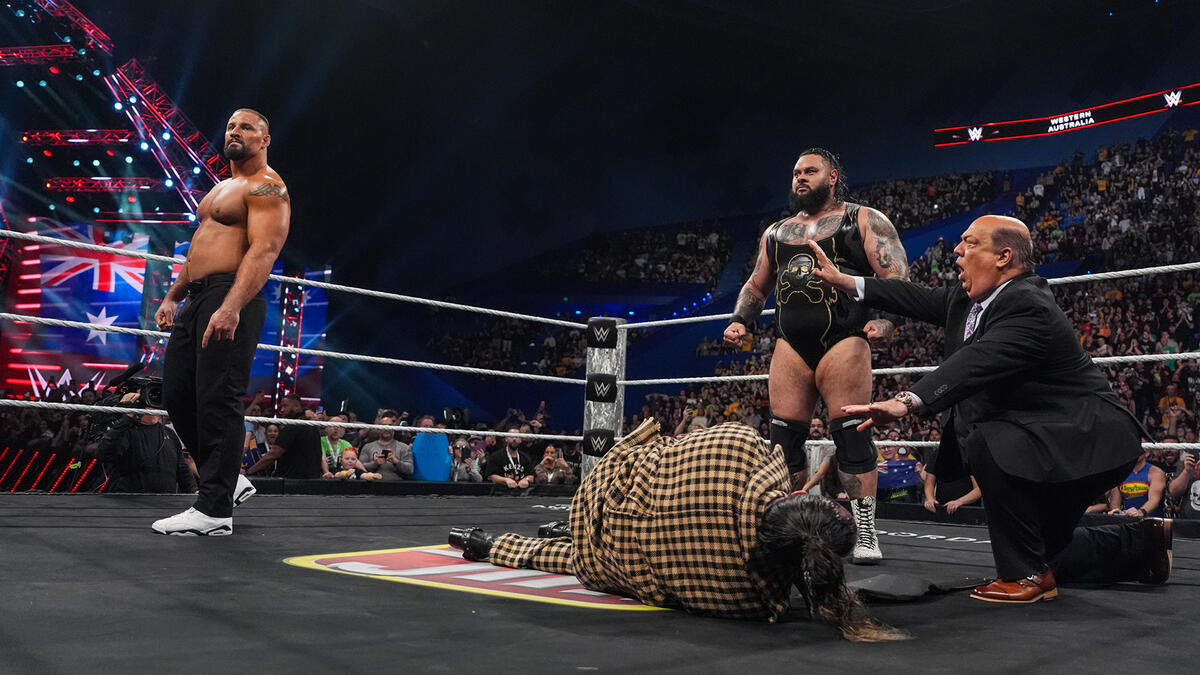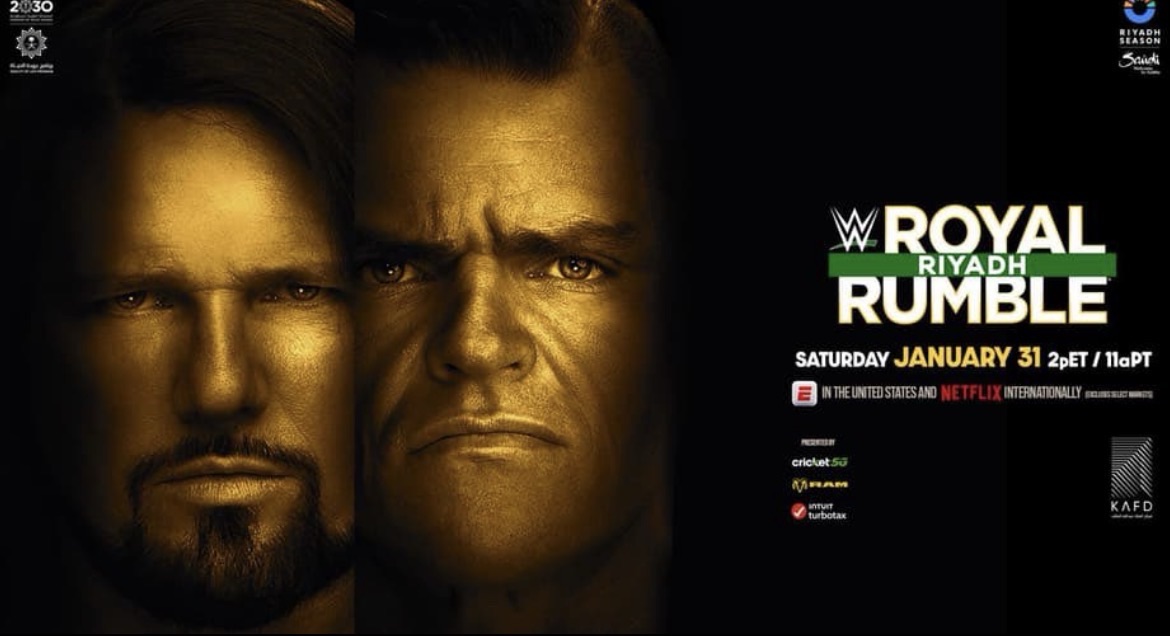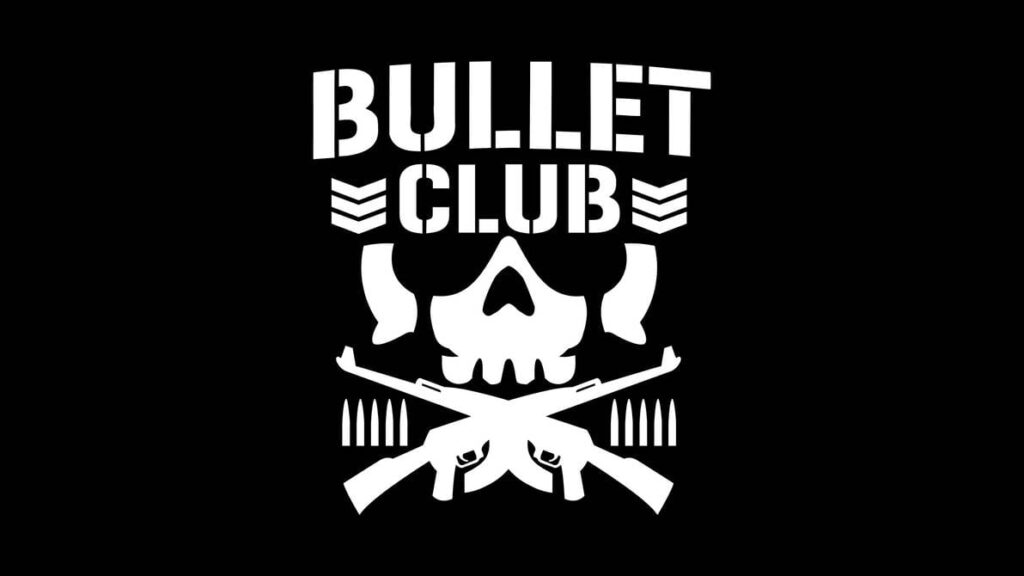
Factions and stables have long been one of the foundations of professional wrestling. Looking back to the ‘Attitude Era’ of WWE, a time that many consider to be the industry’s golden period, there were an abundance of alliances. The likes of the Nation of Domination raised the stock of each one of its members, and kickstarted the meteoric rise of The Rock, whilst the iconic D-Generation X were era-defining, with their attitudes and antics making them synonymous with the time period. On the other side of the Monday Night Wars, the New World Order were the dominant factor in WCW’s dominance over the TV ratings for months, with Scott Hall, Kevin Nash and Hulk Hogan forming an alliance the likes of which wrestling fans had never seen before.
When looking at today’s WWE product, the abundance and importance of factions has certainly dwindled over the past two decades, although over in AEW the opposite couldn’t be any more apparent. Factions such as The Jericho Appreciation Society, The Elite and The House of Black are constant presences on AEW TV, with the fledgling promotion taking influence from Japanese promotions such as New Japan and Pro Wrestling NOAH, who have long had a faction-oriented product. This brings me to the topic of this piece, the faction that I consider to be the most important and influential faction of the past decade: New Japan’s Bullet Club.
Sporting black and white attire, too-sweeting, and proclaiming that their members are “For Life”, the New World Order’s influence on Bullet Club is undeniable. Much like their WCW counterparts, Bullet Club originated as a faction of outsiders, ‘Gaijin’ who felt that they’d been held back by New Japan and were ready to prove that they belonged. Another similarity to be found is Bullet Club’s dominance over the pro wrestling t-shirt game, as much like the nWo, BC’s iconic skull and crossbones design can be seen to this day in the crowd of whatever wrestling show you choose to watch. This has made Bullet Club one of the most instantly recognisable factions in the history of pro-wrestling, although as we recap the history of the stable, it becomes apparent that their merch sales are just one aspect of why the group rose to the top of the wrestling landscape in the way they did. Additionally, their seems no better time to do so, as following a relatively lacklustre period throughout the Covid-19 pandemic, it now appears as though the faction is back to its strongest. The closing scenes of this weekend’s Wrestling Dontaku 2022 saw a returning Jay White stand tall over IWGP World Heavyweight Champion Kazuchika Okada, surrounding by his stablemates on the weekend of their 9 year anniversary. Over this week of BC celebration I will recap each era of the notorious faction, looking at their highs and lows alongside the defining figures of each period, with a look into the future as we reach the end. Betrayal is a running theme of Bullet Club, and our first era makes this as apparent as can be.
The Original Era:
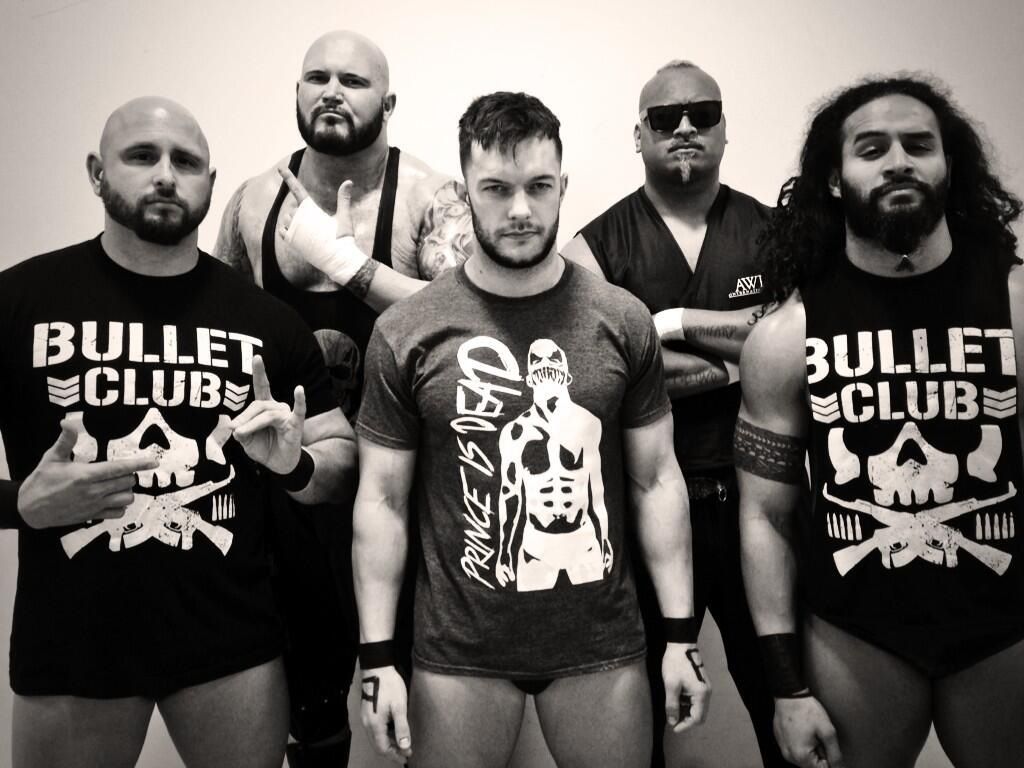
The catalyst for Bullet Club’s birth was Prince Devitt’s alignment with new ‘bouncer’ Bad Luck Fale. “The Real Rocknrolla” had been rapidly rising up the ranks in New Japan’s junior division, displaying a new, heelish attitude and proving he was determined to win by any means necessary. As part of a multi-man match in early 2013, Devitt turned on former Apollo 55 teammate Ryusuke Taguchi and ushered in the attack from Fale. “The Underboss” would become Devitt’s insurance policy, and the Irishman would make his intentions clear: he was gunning for Hiroshi Tanahashi. At around the same time as Devitt and Fale were running roughshod over their competition, the “Machine Gun” Karl Anderson was continuing his rise within the company. In 2012, Anderson made history as the first non-Japanese competitor since Rick Rude to reach the G1 Climax Final, ultimately falling to Kazuchika Okada in an impressive display. The former Chaos member had become a fan favourite throughout this run, and following his tournament defeat he engaged in a seemingly ‘friendly’ rivalry with Hiroshi Tanahashi.
Acknowledging that Tanahashi was the best professional wrestler in the world at the time, Anderson stated that a win over “The Ace” would be the key to achieving his goal of becoming IWGP Heavyweight Champion. This good-natured rivalry became anything but that on May 3rd of 2013, with Anderson repeatedly taunting Tanahashi throughout a singles match between the pair. A High Fly Flow from “The Ace” would prove to be enough to seal the victory, although after the bell had rung, there was no post-match scenes of respect shown by either. Instead, Devitt and Fale saw an opening to make a statement. The despicable duo ambushed Tanahashi, and with their target laying, beaten on the canvas, Devitt offered both Karl Anderson and a returning Tama Tonga invitations to continue the beatdown, an offer which was gladly accepted, and thus Bullet Club was born. The quartet made it clear that they would no longer be held down by the glass ceiling they perceived to be above them, and they would do anything to ensure that this was the case.
The stables insistence on posing to “shoot” fallen foes in mock executions, as well as assaulting backstage reporters made them public enemy number one amongst New Japan fans, as they sought to destroy the stars and traditions that they loved. In Bad Luck Fale’s eyes, these disrespectful acts were the gateway to opportunity, as he remarked that the fans “finally started listening” once the group threw out the rulebook. Devitt continued to shatter barriers between weight divisions, with he and Anderson earning a respectable 10 points each in 2013’s G1 Climax, and the stable would only go from strength to strength as they opened their doors to new members. Hot junior-tag prospects The Young Bucks (you may have heard of them) were enlisted by Devitt in October of 2013, shooting to the forefront of the division as they reigned victorious in that year’s Junior Tag League before going on to capture the IWGP Jr Heavyweight Tag Titles in their first attempt, defeating Taka Michinoku and Taichi in November.
Bringing the Bullet Club’s historic opening year to a close, the imposing Doc Gallows made his debut in the promotion, forming a formidable alliance with founding member Karl Anderson. World Tag League success resulted in Gallows and Anderson seizing the IWGP Heavyweight Tag Team Championships on January 4th, 2014’s Wrestle Kingdom 8, a show that also saw The Young Bucks defend their junior tag gold. It wouldn’t be all smiles for the heel faction however, as Prince Devitt’s longstanding rival Kota Ibushi put the full-stop at the end of Bullet Club’s leaders 419-day reign as IWGP Junior Heavyweight Champion. Whilst this originally looked to clear Devitt’s path to the heavyweight division, the shocking return of Ryusuke Taguchi would put those ambitions on hold, as he made it clear he was coming for his former teammate.
A match was set for Invasion Attack at Sumo Hall and surprisingly, Devitt forbode The Young Bucks from involving themselves in this affair. Whether this was a sign of Devitt’s respect for Taguchi or just an attempt to prove his dominance alone is unclear, but one thing that remained clear was that no individual was larger than the group, as the Bucks would betray their leader’s command and assault Taguchi during the match. Devitt was outraged, and after making his frustrations clear, the former Junior Heavyweight Champion succumbed to a double superkick, allowing Taguchi to eventually pick up the major victory. The Young Bucks saw Devitt’s ego as a threat, and for that he paid the price. One year after Devitt had first sewn the seeds of Bullet Club, he was gone from the company, opening the door for someone to take the reins of the faction.
Devitt’s departure from New Japan Pro Wrestling led him to WWE, making him the first Bullet Club member to join America’s largest professional wrestling company. As Finn Balor, he would become a two-time NXT Champion, and was the inaugural Universal Champion before relinquishing the title the next night following an injury. Whilst Balor’s time on the main roster has been somewhat disappointing to those familiar with his exploits in Japan, it has certainly put more eyes on Bullet Club, with Balor referencing his time as part of the group throughout his WWE career. He refers to his loyal fans as the ‘Balor Club’, an obvious nod to the stable he once led, and during his second run in NXT he readopted the ‘Prince’ moniker, displaying shades of his former self as he made the finger-gun and too-sweet gestures whilst atop the black and gold brand.

